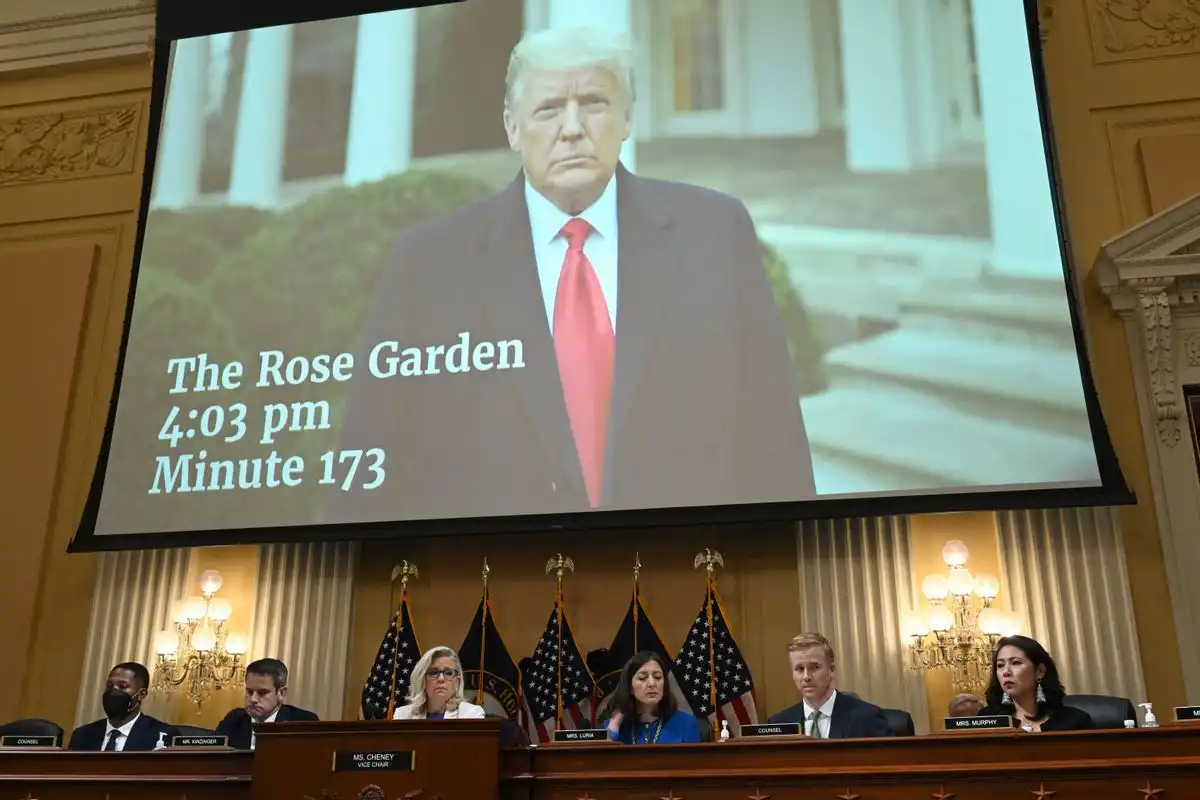Engaged in Insurrection: Trump, SCOTUS, and the 14th Amendment Explained
Trump is eligible to appear on 2024 primary ballots. States are divided on his eligibility to run for office.
On December 19, 2023, the State Supreme Court of Colorado ruled that former U.S. President Donald Trump was eligible to appear on the primary ballot for the 2024 presidential election. A week later, Maine's secretary of state ruled to exclude Trump from primary ballots. During that period, California, Michigan, and Minnesota made explicit statements that Trump could not be excluded from primary ballots.
The disqualification of Trump from primary ballots stems from a clause in the U.S. Constitution enacted after the Civil War, intended to prevent former Confederates from holding office. Several states and the Trump campaign have petitioned the U.S. Supreme Court to rule on the matter. The central elements of the debate and its potential future before the Supreme Court are covered here.
Colorado and Maine both cited the Disqualification Clause (Section Three of the 14th Amendment) as their basis for removing Trump from their state's primary ballots. Section Three of the 14th Amendment stipulates that a person who has "previously taken an oath" to support the Constitution of the United States and "engaged in insurrection or rebellion against" the Constitution or had "given aid or comfort to the enemies thereof" can be disqualified.
The Colorado Supreme Court stated that the 14th Amendment disqualifies Trump from running for office, and it would be a violation of state election law for him to appear on a primary ballot. Maine's secretary of state argued that Trump's "primary petition" was "invalid" because he falsely stated to be qualified to hold office on his campaign declaration.
The concept of engaging in or supporting an insurrection is at the heart of these cases. The U.S. Supreme Court has yet to rule on the amendment's applicability to Trump or the events of Jan. 6, 2021. The Colorado Republican Party asked the U.S. Supreme Court to rule on three questions regarding the disqualification clause.
The Trump campaign has stated that it intends to appeal the Maine ruling to the U.S. Supreme Court. Precedent suggests that someone need not be convicted of a crime to be deemed ineligible to run for office under the Disqualification Clause. Past disqualifications under the 14th amendment suggest that Jan 6. could constitute an insurrection.
The U.S. Supreme Court must respond to the Colorado GOP by January 26, 2024. Maine and Colorado are not the only states to have weighed in on Trump's qualification to hold office under the 14th Amendment. At the time of this reporting, two states saw failed efforts to disqualify Trump: Michigan and Minnesota. California, without legal challenge, announced that it could not disqualify Trump from the ballot under state law.
A U.S. Supreme Court ruling on the first question posed by the Colorado Republican party could have widespread, national effects. There is no guarantee, however, that such a ruling would result in such a broad impact, or that a ruling on these primary election issues would hold relevance in the general election.












Comments on Engaged in Insurrection: Trump, SCOTUS, and the 14th Amendment Explained